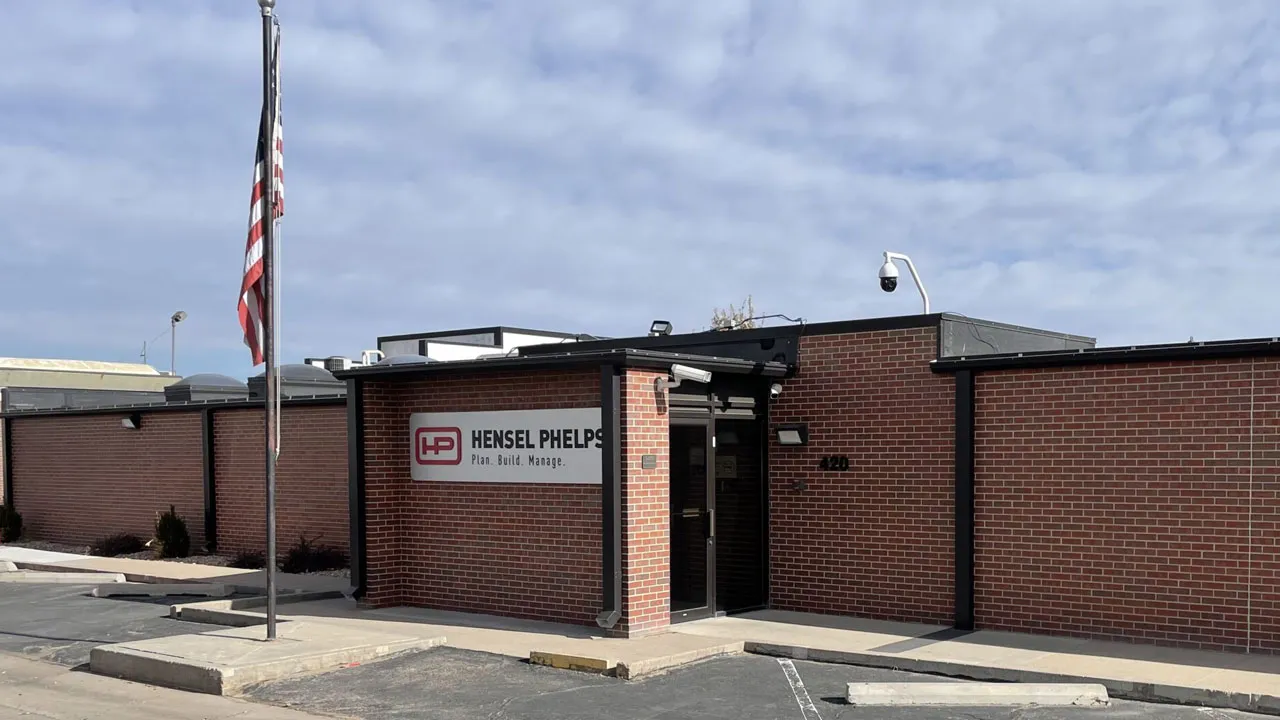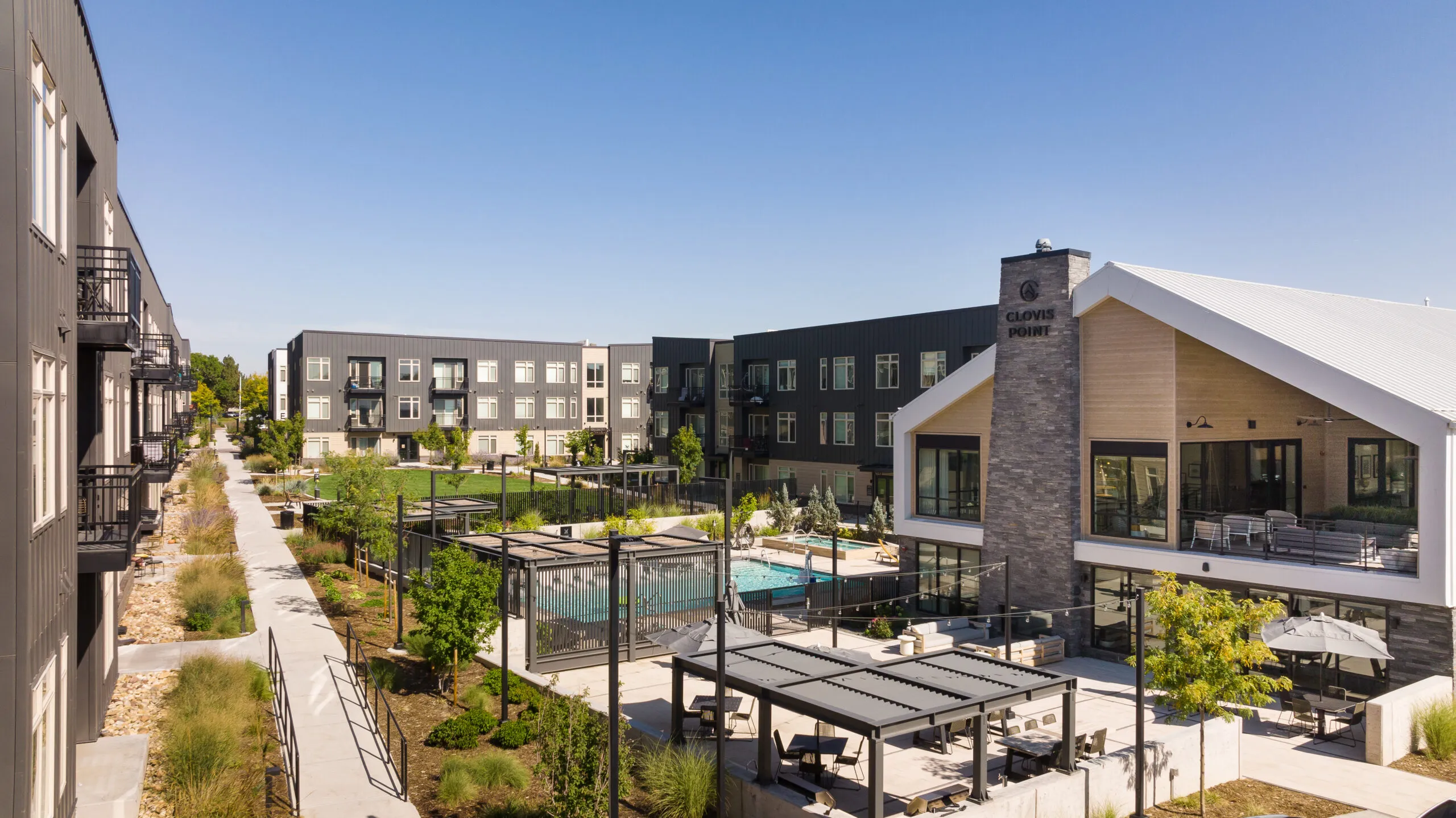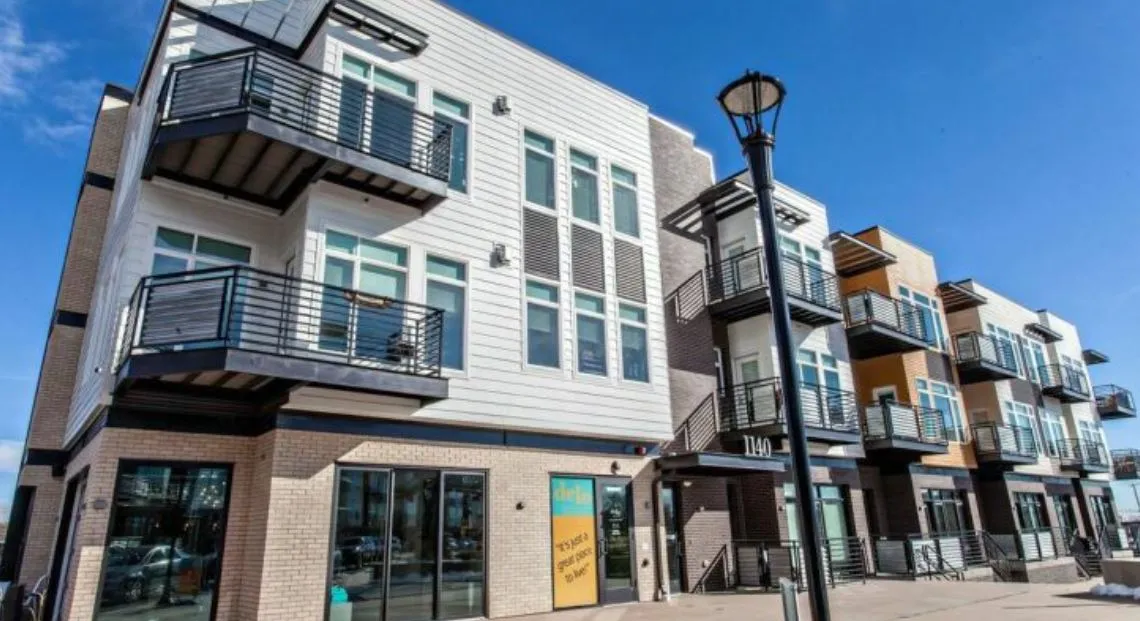Boulder Economic Summit panelists tackle debate of growth
BOULDER – Multiple panelists at the Boulder Economic Summit on Tuesday characterized the growing lack of housing affordability in the city as a crisis and an issue that city leaders and community members should start treating as such if they’re to find any meaningful solutions.
While the city’s affordable housing program has made headway at addressing the issue for some residents at the lower end of the income spectrum, Susan Richstone, deputy director for planning for the city, said the most pressing issue might be in curbing the loss of the middle class in Boulder as those residents are increasingly priced out of the housing market.
SPONSORED CONTENT
“I do think we have an urgent issue to really address and make sure we don’t become” a city of students and low-income residents at one end of the spectrum and high-income earners at the other with no one in between.
The theme of the Boulder Economic Summit, held at the University of Colorado, this year examined whether Boulder is approaching a peak economy and what implications of such might be. Richstone was participating on a panel debating whether growth pays its own way as it relates to the added costs of city services and new infrastructure required as new housing and commercial developments come online. She was joined on the panel by Danica Powell, a real estate development consultant and former planning board member; former Boulder city councilman Steve Pomerance; and former Boulder mayor Will Toor.
Solutions to Boulder’s housing affordability issues covered a wide range, including: broadening price controls on housing beyond just the city’s affordable housing program; increasing fees on new development; providing fee reductions to developers to encourage the types of housing product city leaders envision; and making zoning changes.
The discussion – covering a debate that has become increasingly contentious in recent years in Boulder – came as city officials are in the process of updating Boulder’s comprehensive plan, which among other things sets a course for the city as it relates to where and how growth will occur in Boulder.
Toor said he feels a middle-of-the-road solution that he believes all sides – including those aiming to restrict growth in Boulder and those aiming to facilitate more of it – could come to agreement on is to look at zoning and find areas of town that might be zoned strictly for industrial and commercial uses and allow some of them to be redeveloped as mixed-use or solely for housing.
“I think that might be a direction, if we do it the right way and do it by bringing people together, I think that’s the area where you might find a pretty broad consensus in the community,” Toor said.
Toor said the city could also be doing more in observing what other cities with similar issues have done to enact innovative housing policies as an alternative to simply charging developers more in fees on their new projects.
Pomerance, though, has been a proponent of more extreme measures and argued that the city won’t be able to maintain any sort of affordable housing equilibrium without enacting increased price controls.
“People are going to lose the opportunities for appreciation but maybe 20 years from now they’ll (still) be able to afford it,” Pomerance said.
With Boulder surrounded by protected open space and essentially limited to infill projects as it tackles growth issues, housing of course isn’t the only area where the city is feeling squeezed. Boulder’s bustling economy, fueled in large part by the tech startup scene, has also led to a shortage of commercial office space.
During a panel on the massive amounts of money being invested in local companies and acquisitions of local companies in recent years, multiple panelists lamented the challenges of finding space as their growing businesses have looked to remain in Boulder. Allowing for greater density has been another solution put forth by many in the community as a way to tackle the issues of housing and commercial space alike.
But, while he didn’t denounce density, Derek Kraus, vice president of finance for Boulder-grown SolidFire, which was acquired by NetApp, struck a somewhat different tone, quipping before he did so that “Everybody on this panel is probably going to hate me for saying this.”
Kraus acknowledged the struggles in finding commercial space in downtown Boulder and said SolidFire considered moving further east as it expanded. He said he considered it “dumb luck” that SolidFire has been able to grow as large as it has in downtown Boulder. The company currently has four offices in close proximity to each other at the east end of downtown and later this year will move into 62,000 square feet at PearlWest, the redevelopment of the former Daily Camera building at 11th and Pearl streets.
But not every company is going to be so lucky as they grow due to Boulder’s space constraints, he said, suggesting that Boulder might need to embrace its niche as a great incubator for startups and accept that some companies will have to look to other parts of Boulder County or even the state as they grow.
“Maybe that’s okay,” Kraus said.
Boulder Economic Summit panelists tackle debate of growth




